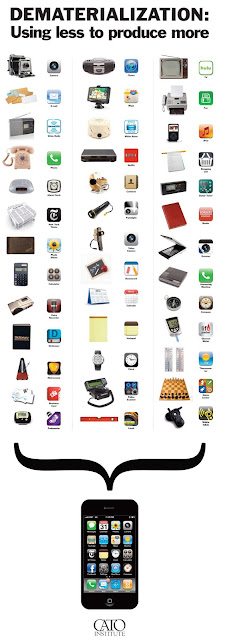Seeing and Believing

I remember how struck I was the first time I read these lines in Will Durant’s book, The Story of Philosophy : “All our knowledge of anything is merely our sensations of it, and the ideas derived from these sensations. A "thing" is merely a bundle of perceptions i.e., classified and interpreted sensations.” How different the same flower appears to a bee and us humans gets driven home by pics like these (Left = human vision; Right = bee vision): Ok, you say, but that’s two different species we are talking about. Then let’s take this pic which different humans see differently: Some see a young woman with flowing hair and a nice dress; others see an old woman with a wart on her large nose! Ashvin B. Chhabra makes an interesting observation about this pic in his book, The Aspirational Investor : “What is interesting about this illusion is that our brains instantly decide what image we are looking at, based on our first glance. If your initial glance ...
